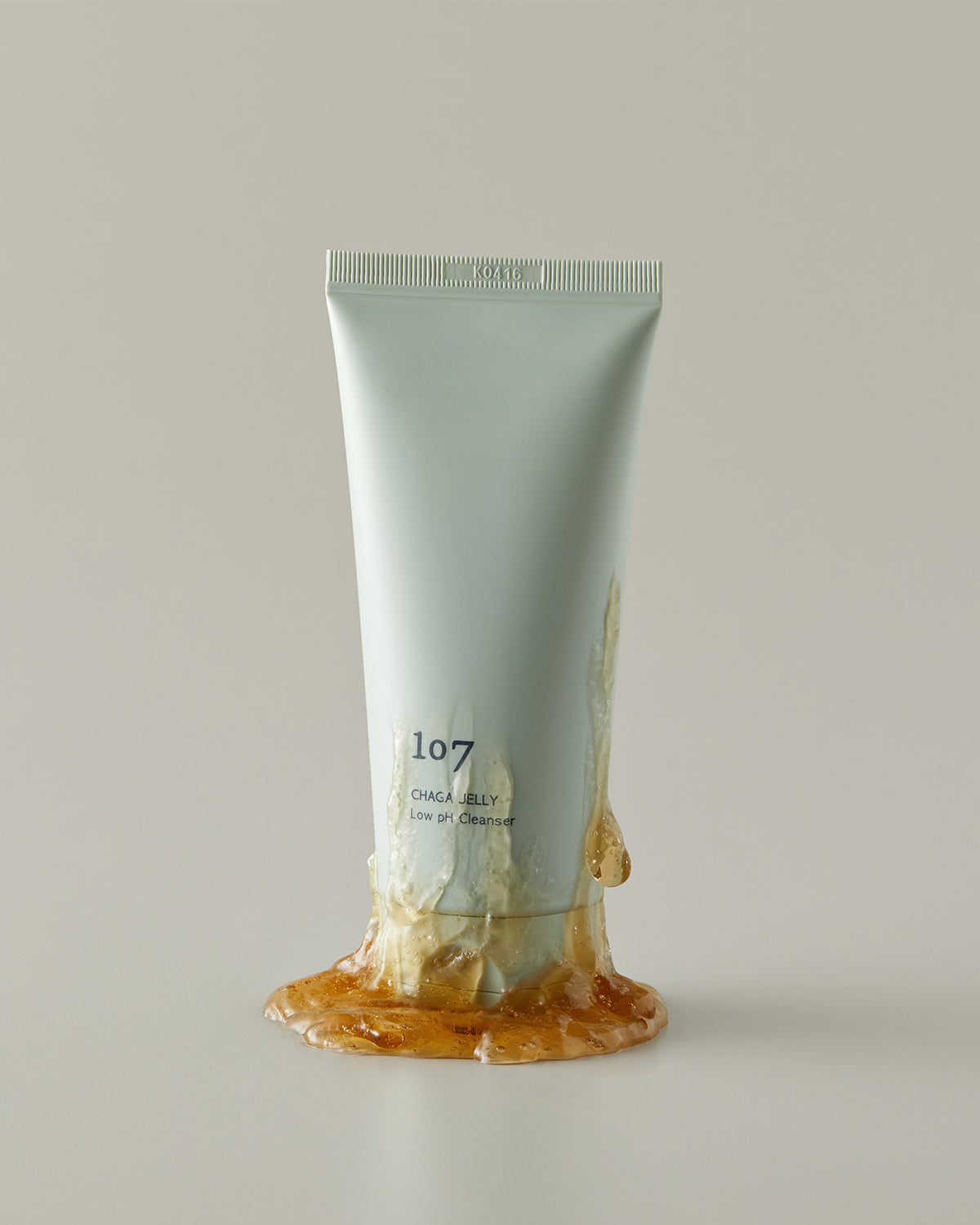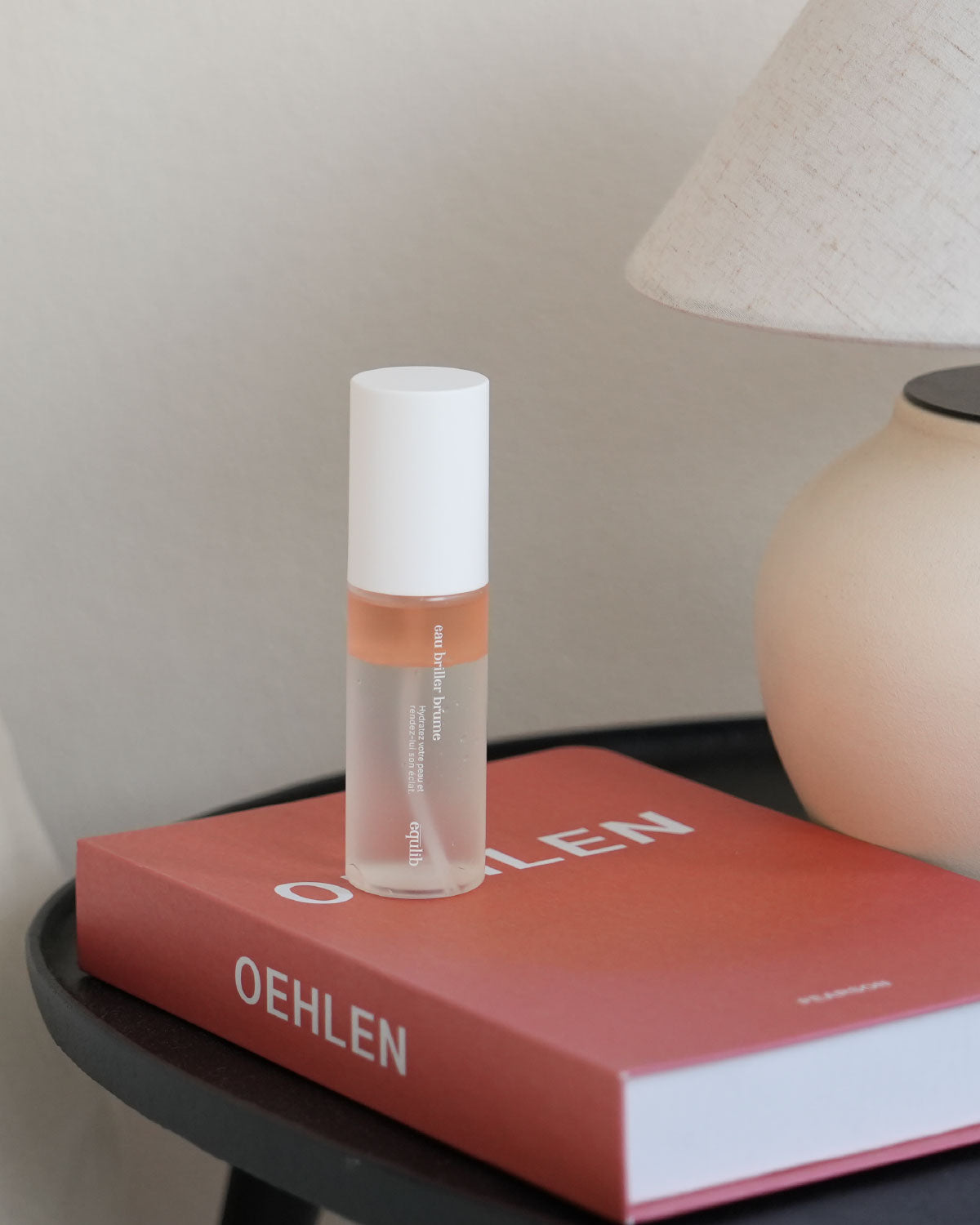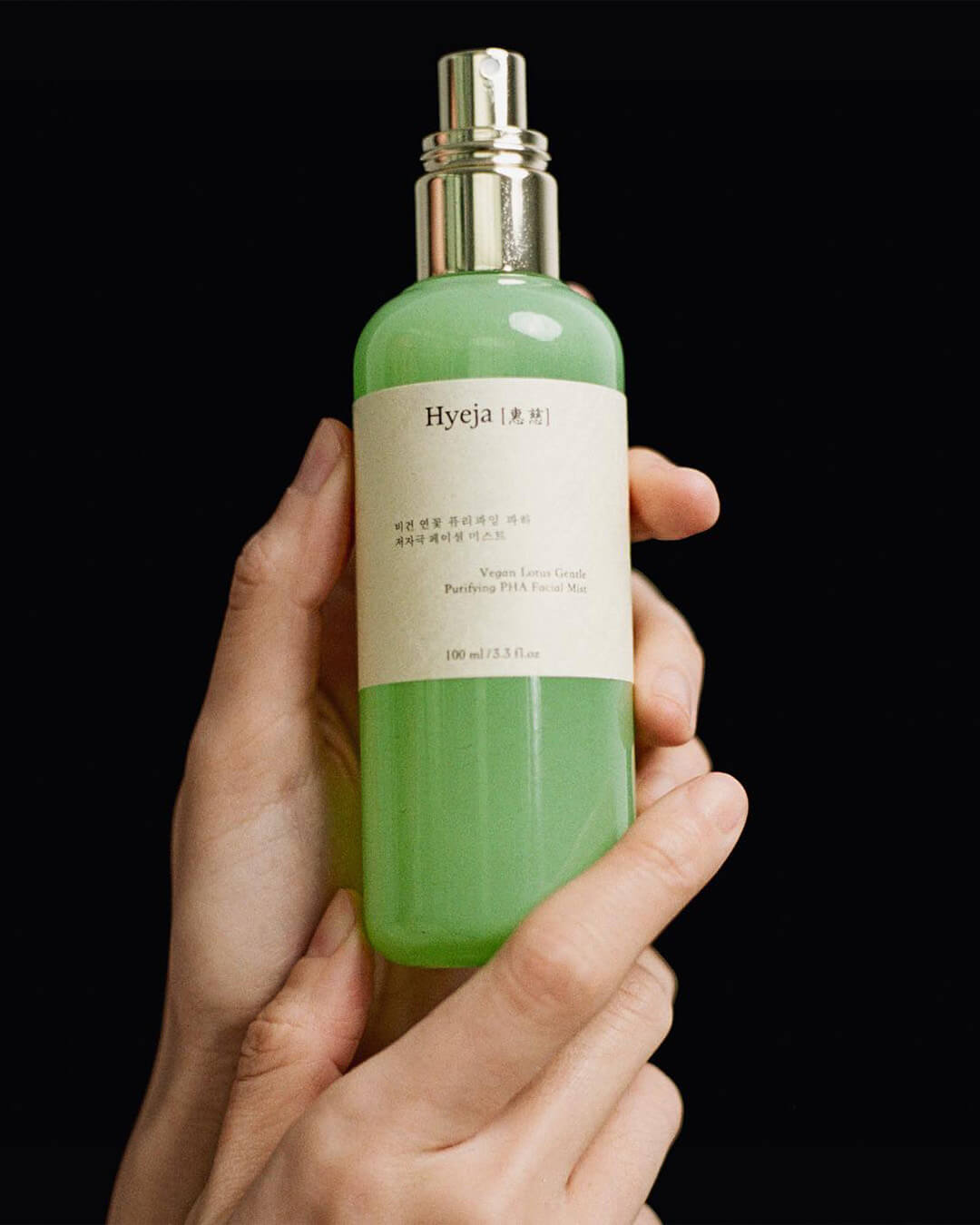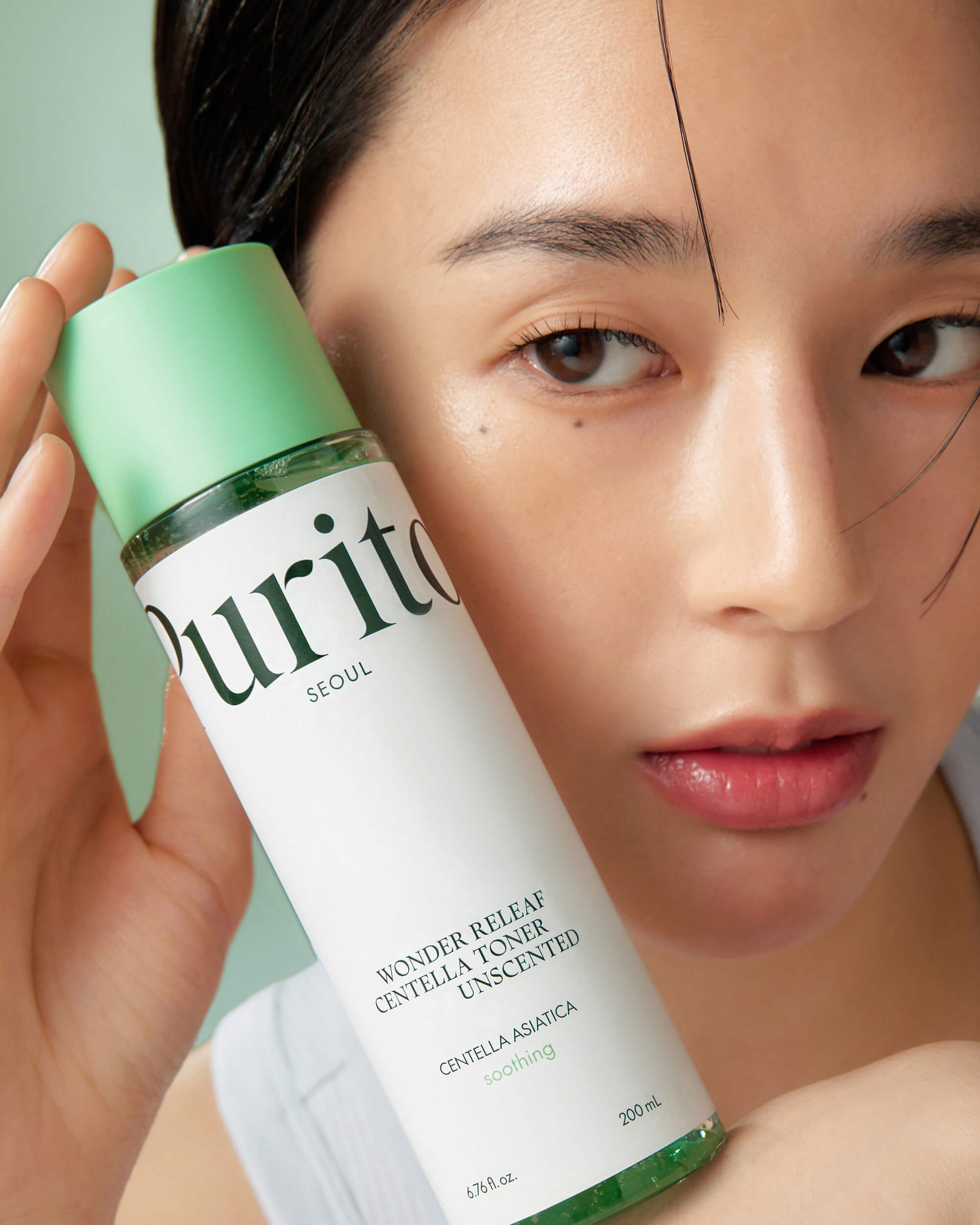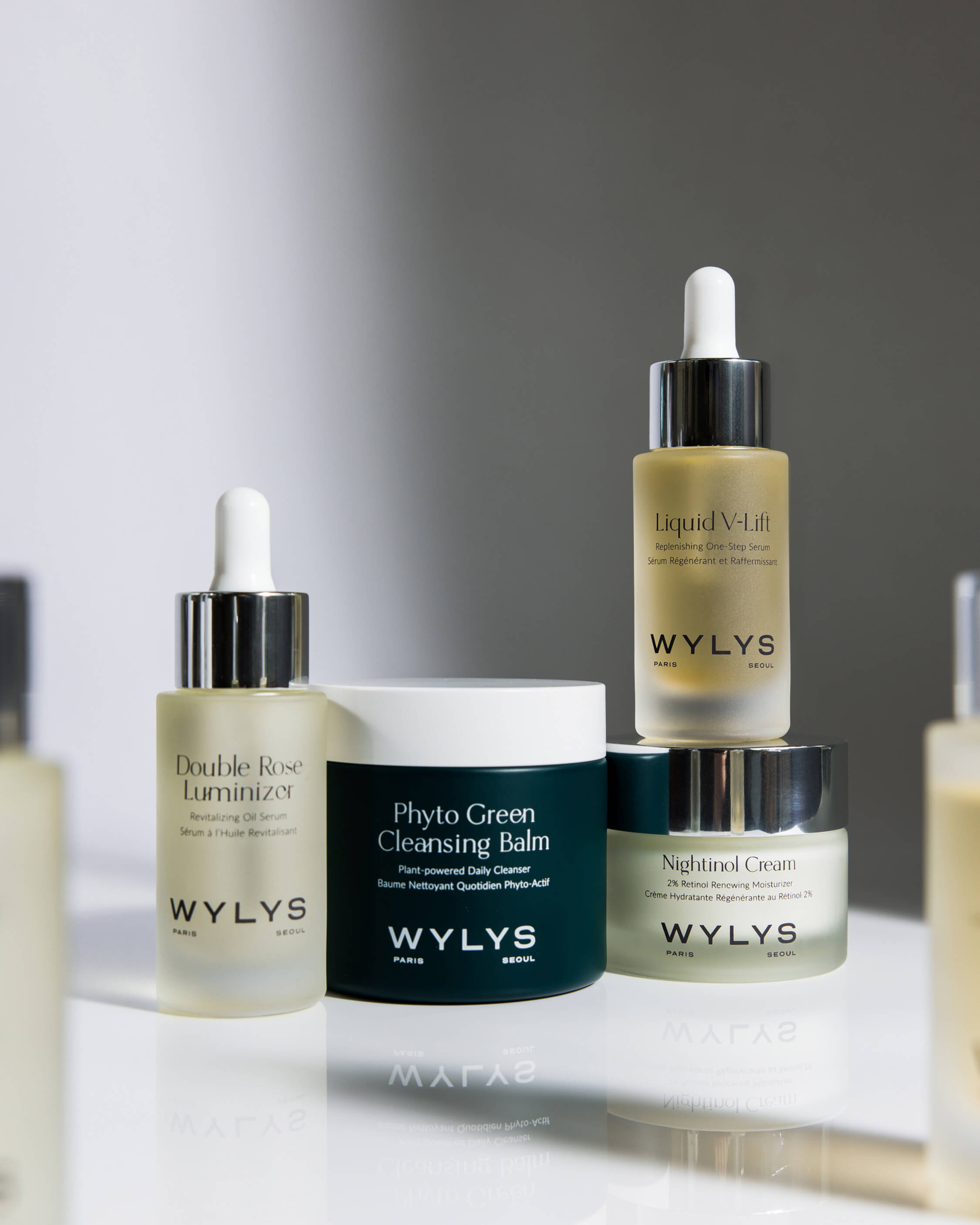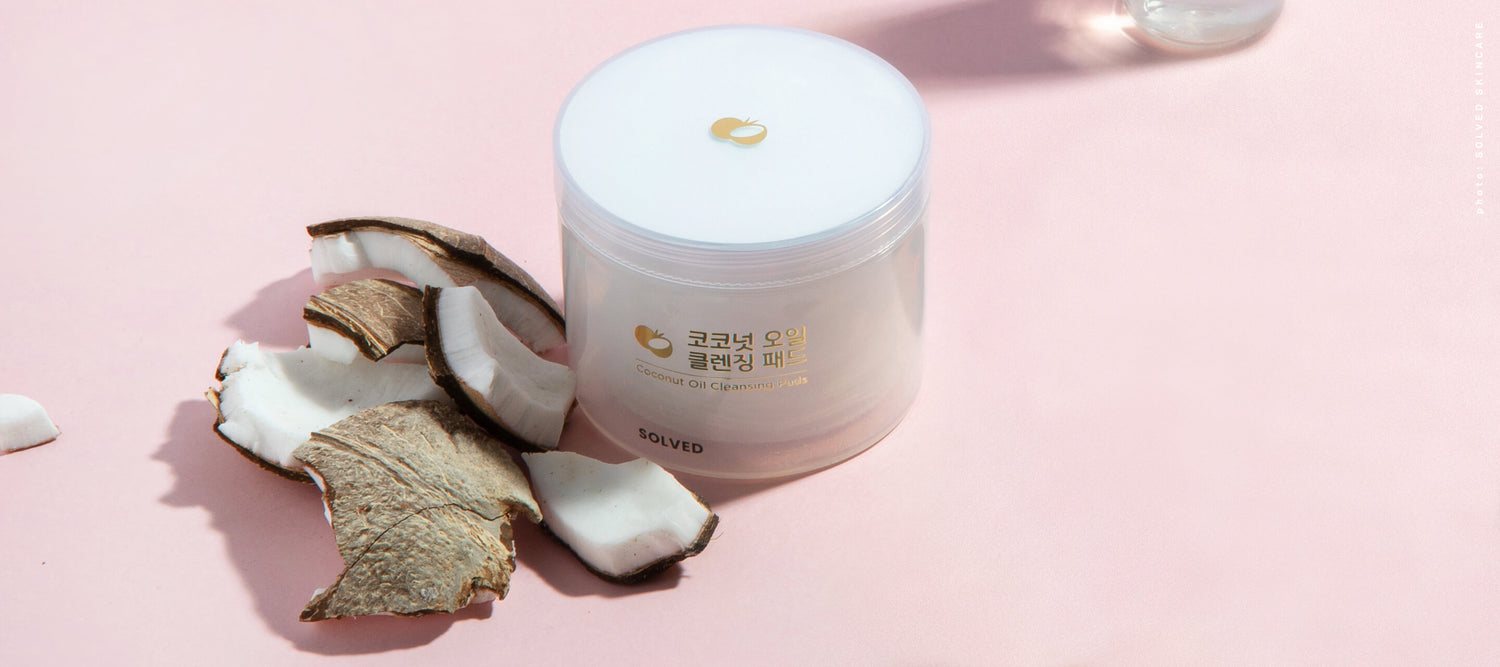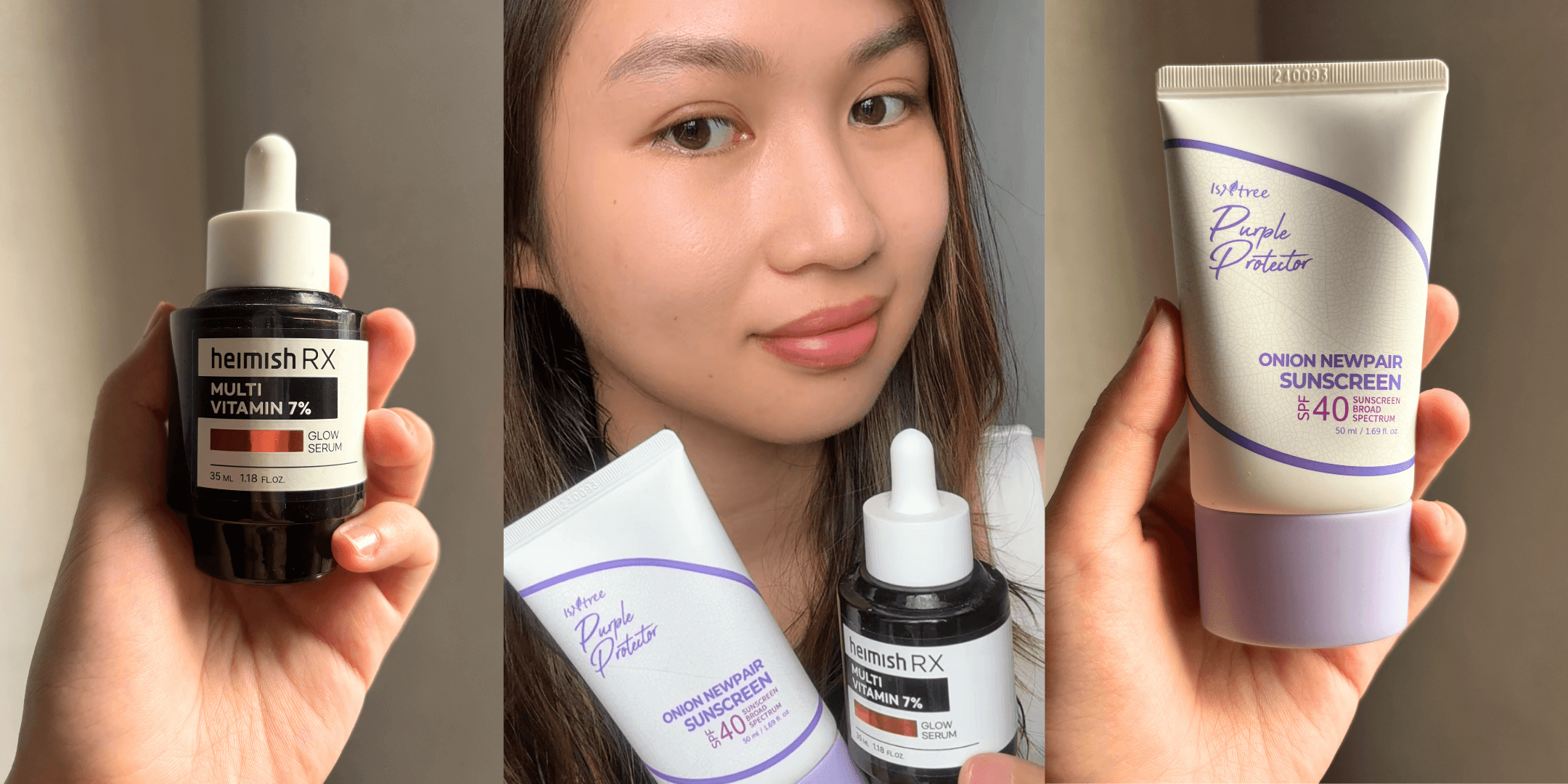Few ingredients have been debated as much in recent years as coconut oil. Is it or is it not the “miracle product” so many claim it to be? Ohlolly’s answer: Like anything, it depends. One of our newest brands, Solved Skincare, puts coconut oil front and center, so we wanted to give you the facts to decide how your specific skin type can reap its rewards.
Keep reading below as we take a deep dive into the ‘nut.

How is coconut oil manufactured?
Coconut oil is extracted from the meat of the cocos nucifera, a specialized type of palm tree. Like all plant-derived products, there are quicker (and cheaper) and longer (with higher quality) ways of doing this. Unlike olive oil, the terms “virgin” and “extra virgin” aren’t regulated with coconut oil, so they tend to be used interchangeably.
The oil itself is extracted either by pressing fresh coconut meat or refining a dried version called copra. Expeller-pressed “virgin/extra virgin” coconut oil uses heat or steam to release the oil, while cold-pressed coconut oil (like the kind in Solved’s Cleansing Balm) keeps the temperature below 120F, preserving more nutrients.
Refined coconut oil machine-presses the copra to release the oil, then “bleaches” it through clay filters to remove any bacteria or impurities.
Does coconut oil clog pores?
Coconut oil is a fat that’s solid at room temperature and liquid at higher temperatures. It’s predominantly made of saturated fats like lauric acid (47%), linoleic acid (2%) and smaller amounts of myristic and palmitic acids.*
Because it's fat, coconut oil makes a great emollient, dissolving oils, sealing moisture inside the skin, and keeping dirt and irritants out. Sitting on the skin’s surface, coconut oil helps repair cracks -- making it great for drier skin -- and contributes antioxidants and anti-inflammatory properties that can help with wound healing. However, it’s this same emollient ability that may trap dirt and irritants inside pores too, making it comedogenic. This isn’t to say coconut oil should be avoided, rather that its high moisturizing capabilities work best as a first cleanser and even better when paired with something exfoliating, to be sure nothing that shouldn’t be on your skin gets left behind.

Does coconut oil help with acne?
Given the above, the fact that coconut oil is often included in products for oily or acne-prone skin might seem counter-intuitive. However, its acne-fighting abilities aren’t so much in its moisture (unless you count its ability to fade acne scars) as they are in the antimicrobial properties of lauric acid, the medium-chain fatty acid found in highest concentration in coconut oil.
Research has shown that lauric acid may help kill harmful pathogens in the body, and it’s also been shown to destroy P. acnes -- a bacteria that causes acne -- all on its own. One study additionally showed lauric acid to be more effective than benzoyl peroxide against acne, and coconut oil can also help with redness and inflammation, a regular side effect of breakouts.
This isn’t to say coconut oil should be avoided, rather that its high moisturizing capabilities work best as a first cleanser and even better when paired with something exfoliating...
What is coconut water?
Crack open a young, green coconut, there is the water. Primarily used for drinking (the American market for coconut water increased by 3,000% between 2007 and 2014), coconut water is incredibly hydrating and contains sugar, vitamin C and electrolytes.
When used in skincare, coconut water makes for a great first or second cleanser since it’s both hydrating and antimicrobial. It’s also lightweight and gentle, ideal for dry or sensitive skin types. Because it has similar properties to coconut oil, yet without the oil, it also works well for acne-prone skin to soothe irritation and lift dirt from pores without overly stripping the skin. Its concentration of vitamin C and other antioxidants means that it can help with brightening and fortifying the skin, especially in well-aging routines.

So, what should I use?
Again, it’s important to consider your specific skin type and the goals that you have. If you deal with very dry, damaged or inflamed skin, coconut oil’s moisturizing and nourishing properties could provide some immediate soothing relief and prevent vital moisture from evaporation. If dealing with breakouts or an oilier complexion, try washing with coconut water to start, working up to the oil once your skin has balanced and cleared up a bit.
Have more specific questions? Reach out to us anytime for product advice at hello@ohlolly.com.


